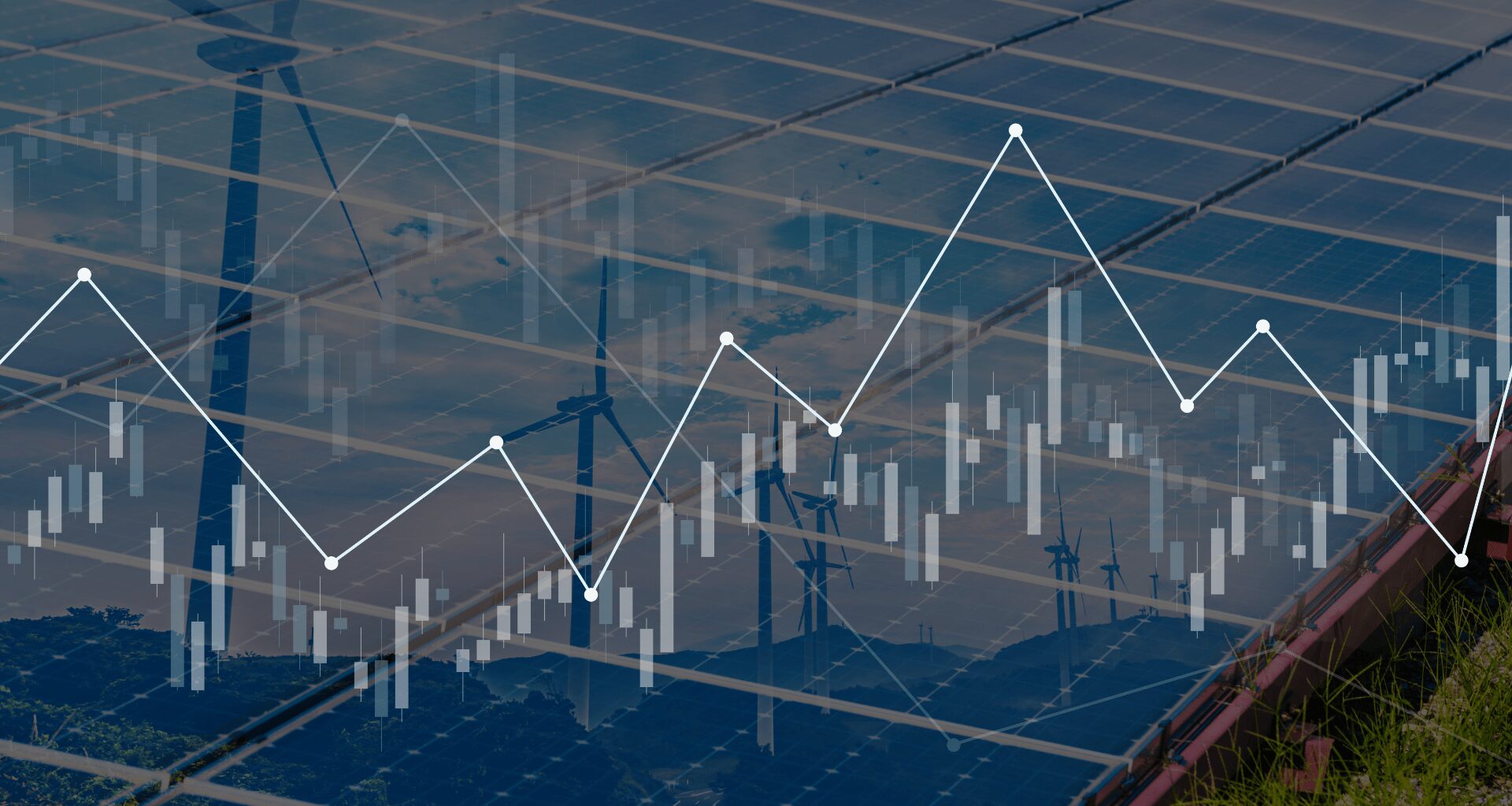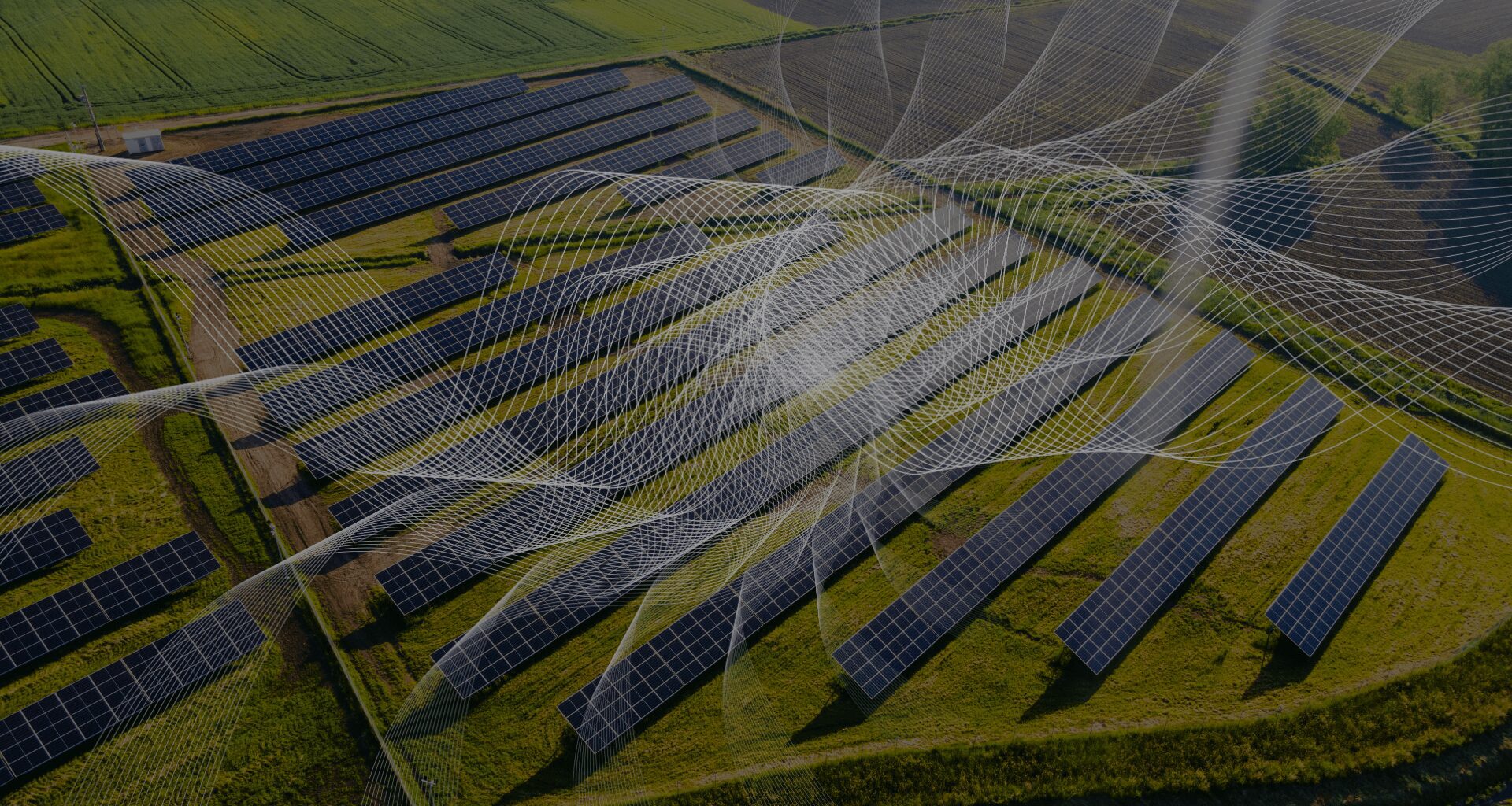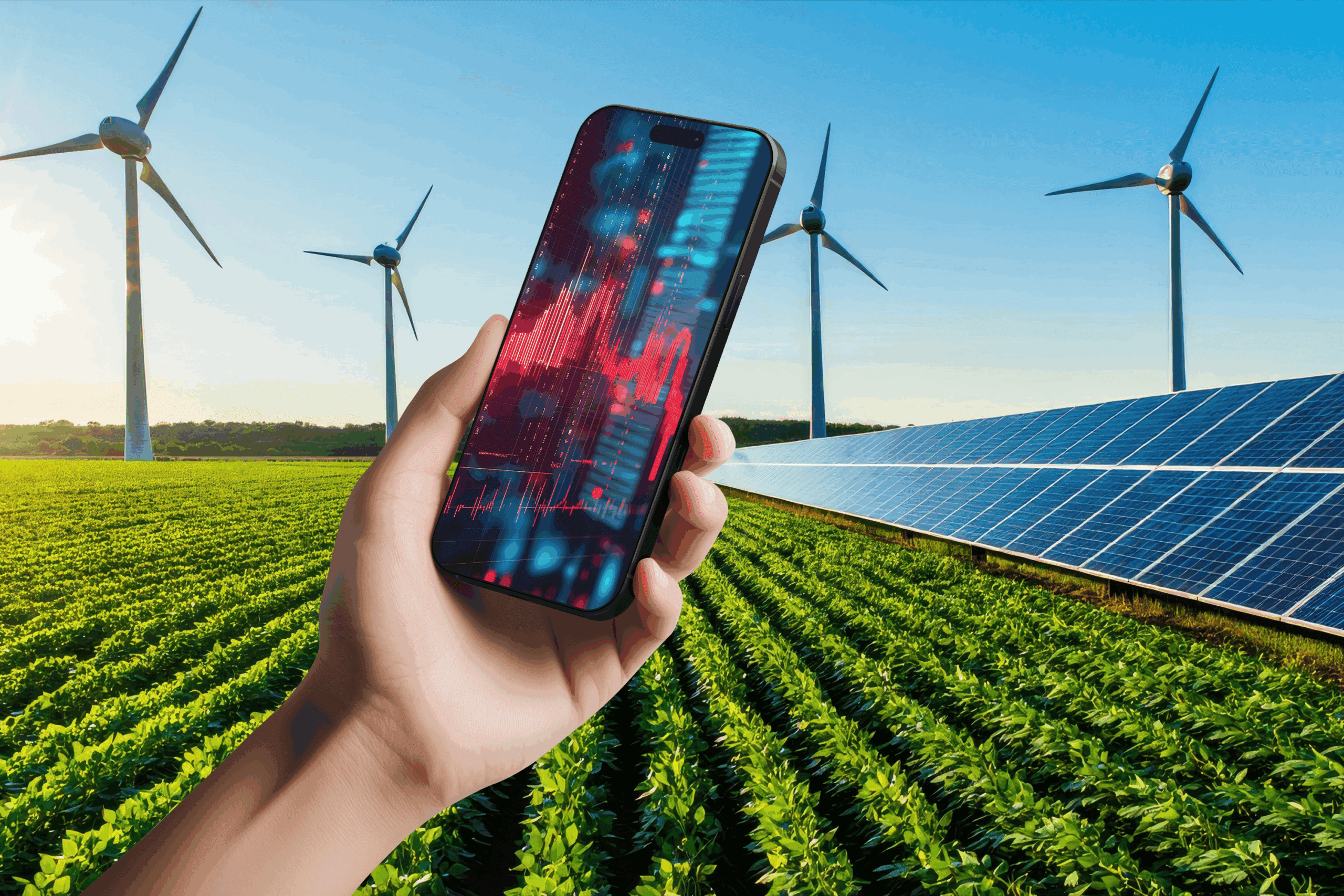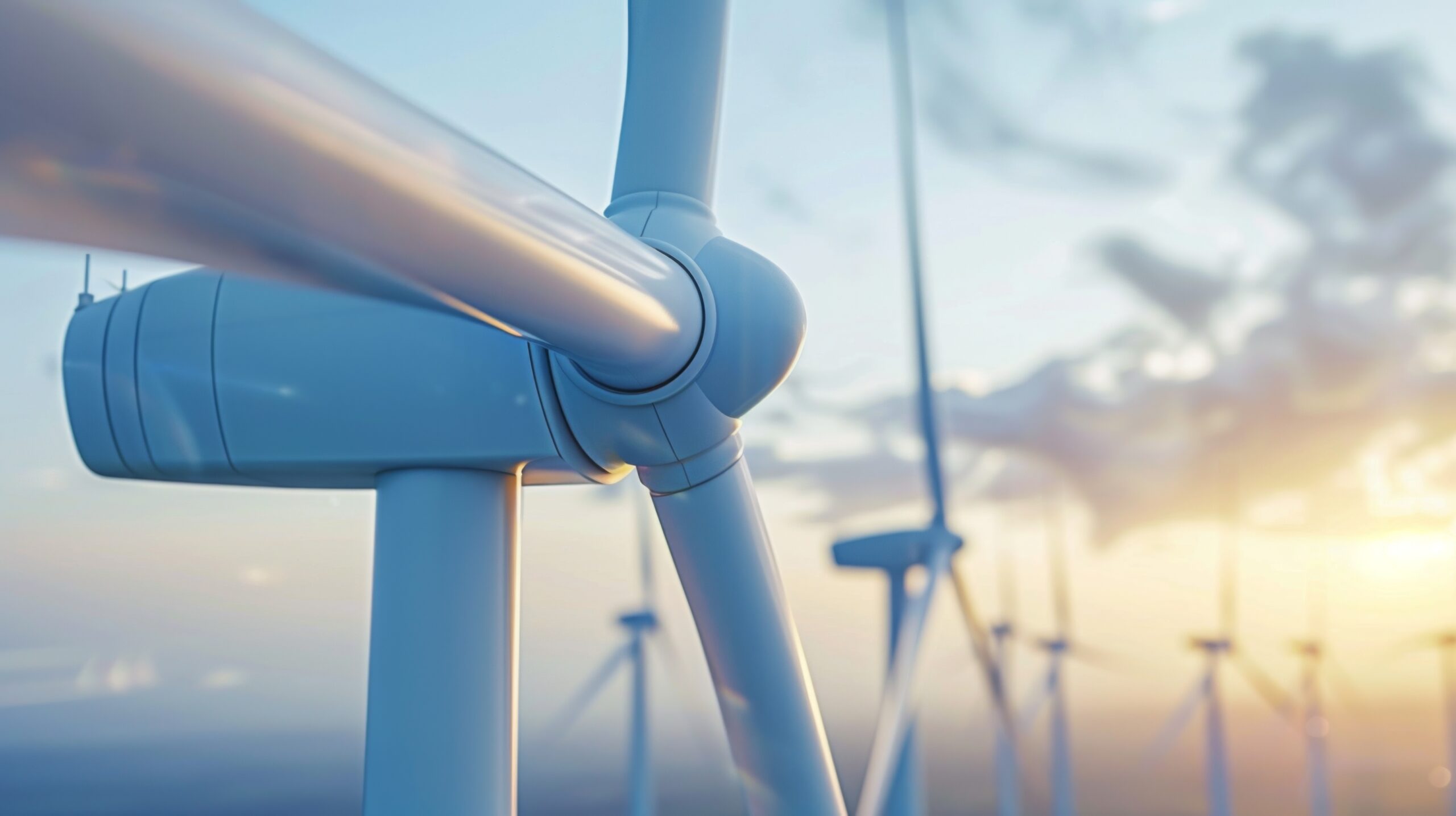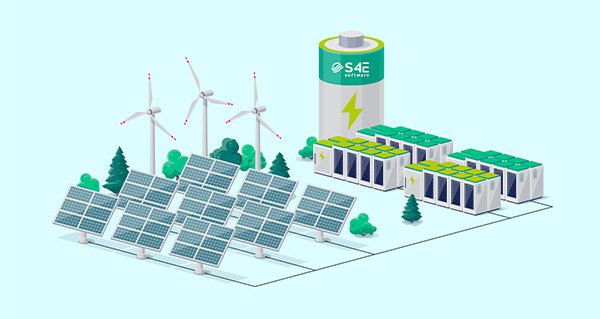As of 31 March 2020, the electricity production capacity of the solar photovoltaic installations in France was 10,072 MW, including 9,490 MW in mainland France.
The development of solar photovoltaic parks is continuing, mainly in areas located in the south of mainland France. In the first quarter of 2020, the regions of Nouvelles-Aquitaine, Occitanie, Auvergne-Rhône-Alpes and Provence-Alpes-Côte d’Azur together accounted for 67% of the grid-connected electricity.
A year marked by the health crisis: what consequences for photovoltaics?
According to the study conducted by Observ’ER Le Baromètre 2020 des énergies renouvelables électriques en France, the French and European photovoltaic industry began to feel the first clashes in February 2020 with the announcement by the Chinese government of the implementation of measures to control the spread of the Covid-19 epidemic. With the vast majority of photovoltaic panels installed in France coming from China, the sharp slowdown in production and delivery to Europe quickly became a major problem for the sector.
A post-Covid French recovery plan?
“In the recovery plan, we are not convinced that there will be measures that will have a big impact. We know that there is a strong budgetary constraint and that this will not allow measures to be put in place that will enable the number of installations to be doubled per year. The announcements of the last few months make me fear that these constraints will not allow an acceleration. What makes us think this is both the will to renegotiate tariffs and the results of the modification of the tariff decree”, says Mélodie de l’Epine – coordinator of Hespul’s photovoltaic division.
The figures for 2021
According to the statistics unveiled by the Ministry of Energy Transition, the deployment of solar energy is increasing. In the first quarter of 2021, a rebound in the number of additional connections, i.e. 13,300 new photovoltaic installations, was recorded on French territory. The French enthusiasm for solar energy is therefore very much alive! In total, France now has 502,530 photovoltaic installations. And this figure is set to increase as 34,607 projects are pending.
More precisely, 546 megawatts have been registered, compared with 197 megawatts over the same period in 2020, an increase of 71%.
What are the advantages of solar photovoltaic panels in 2021?
- Ecological
- Economic
- Technical
Ecological advantages:
- Photovoltaic solar panels help to reduce carbon dioxide emissions, reduce pollutant emissions and protect natural resources,
- They contribute to the evolution of consciousness towards natural preservation,
- Photovoltaic solar panels are recyclable.
Economic advantages :
- A reduced VAT rate of 10% in 2021, if the power does not exceed 3 kWp: tax-free income,
- A good profitability and a fast depreciation,
- A safe long-term forecast,
- Self-consumption of energy.
Technical advantages :
- Simple and quick installation,
- No need to integrate the panels into the building,
- Reliable and stable systems, therefore little maintenance required,
- Little wear and tear,
- Development of intelligent tools and major technical advances for self-consumption of energy 2021.
Financing of photovoltaics
According to the Agence de la Transition Ecologique, public action structures and accompanies the development of the market: it takes the form of a feed-in tariff, with a particular focus on building integration, as well as various tax support measures, particularly for businesses.
A supply contract is established for a period of twenty years between each producer and the distribution company (mainly EDF). In parallel to the purchase obligation, since 2011, there is a tender system for photovoltaic installations of more than 100 kW.
About S4E SOFTWARE
Founded in 2010, S4E SOFTWARE is a software company specialized in energy information systems. ENERGYSOFT currently monitors more than 7500 installations allowing the diversification of the energy mix in the territories, more than 1,2 GWp of projects. This solution is dedicated to the monitoring and maintenance of decentralized production plants on rooftops or on the ground connected to the grid, in self-consumption with or without energy storage.


